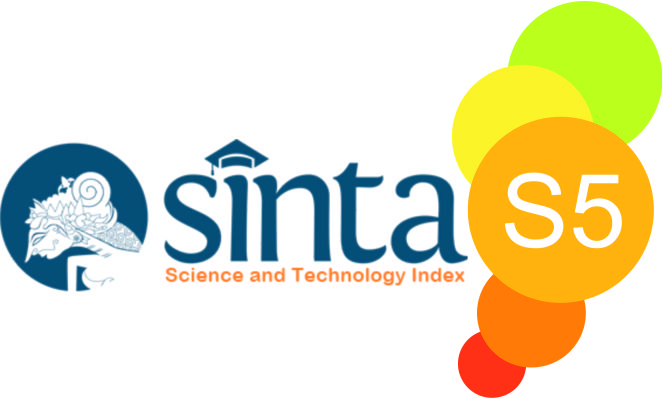Akuntabilitas Berbasis Religiosity Value: Berperankah Mencegah Fraud Accounting?
Abstract
This research aims to carefully investigate the concept of accountability in the context of preventing and addressing potential fraud within the structure of student organizations. The research method employed in this study is qualitative phenomenology, which aims to provide a deeper and richer understanding of how accountability operates within an organizational environment. Additionally, the qualitative phenomenological approach is used to uncover the meaning of experiences directly encountered by individuals. Phenomenology is chosen to gather information regarding fraud occurring within student organizations and reveal the meaning of accountability from the perspective of students' religiosity. This research utilizes primary data obtained from in-depth interviews with subjects of the study. The informants used in this research are the presidents of universities in Pontianak. Based on the research findings, it can be concluded that: 1) Transparency and communication among organization leaders are crucial for preventing miscommunication, strengthening the organizational environment, and reducing the potential for accounting fraud by closing information gaps. 2) The accountability attitude of organization leaders, especially through the production of accurate financial reports, can detect and address accounting fraud. 3) Religion plays a significant role in shaping individual morality and influencing the implementation of accountability. 4) The implementation of accountability in organizations involves morality driven by religious teachings. 5) Religious teachings prohibit fraudulent actions, thus the more devout one is to their religion, the less likely they are to engage in accounting fraud.































